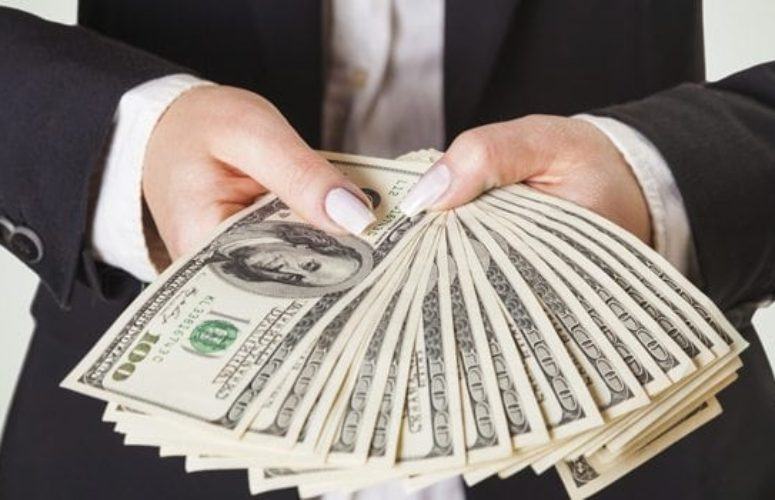
Survey: 81% of US Small Businesses Lost Revenue
Small businesses face tighter lending rules from creditors and were largely left out from state and federal aid
On Oct 14, 2020COVID-19 has hit small businesses particularly hard, with 81% reporting that they have financially suffered because of COVID-19, according to a new survey by Wiss, a Florham Park-based full-service accounting and strategic growth advisory firm, and Sapio Research. 27% of respondents said they experienced a “dramatic income loss” because of COVID-19, with 30% being the average revenue loss.
Small business owners and executives impacted by COVID-19 have made budget cuts, applied for loans and have even tapped into their personal savings to survive.
- Nearly half of small businesses surveyed have cut spending because of COVID-19.
- 60% applied for a PPP loan of which 26% received it (including 41% of those in 100 – 499 employee sized companies and just 17% of under 25 employee companies)
- 21% have furloughed staff and 16% have laid off staff
- 20% used business savings or borrowed from a business line of credit (12%)
- 21% tapped their personal savings; 8% borrowed from their retirement accounts; and 7% took out a personal loan.
- Nearly 10% of businesses reported closing due to the financial impact of COVID-19.
“Small businesses are the majority of the economy, and employ nearly half of Americans,” said Paul Peterson, managing partner, Wiss. “The fact that they are not participating or getting enough help is bad news for the U.S. economy.”
Small businesses have left no stone unturned in funding their operations during the downturn. Over a quarter applied for a non-PPP grant (28%); 62% recently attempted to renew a line of credit of which half said they received stricter application criteria and/or an increase in interest rates or fees (43%).
Most small businesses believe the Federal Government should do more to help them. Three in five think congress should pass another PPP loan, many (42%) finding the existing stimulus to be inadequate or totally inadequate. State and local governments progress was not much better in their opinion. Nearly half (46%) of small business decision makers said state and local assistance to be lacking.
“The federal government could have done a much better job at communicating the rules to small businesses, which changed and relaxed over time. Some small businesses didn’t apply because they weren’t sure if they’d even be allowed to reopen or whether they could meet the Federal Government’s criteria,” Peterson added.
50% of US small business decision makers feel optimistic about the short term future of their organization. However, they don’t expect to loosen their purse strings anytime soon. Over half of small business decision makers intend to continue to reduce spending in the months ahead (54%) and 42% said they plan to increase their staff numbers in the next 30-60 days. 5% of small businesses expect to close in the months ahead.
To access more business news, visit NJB News Now.
Related Articles:





